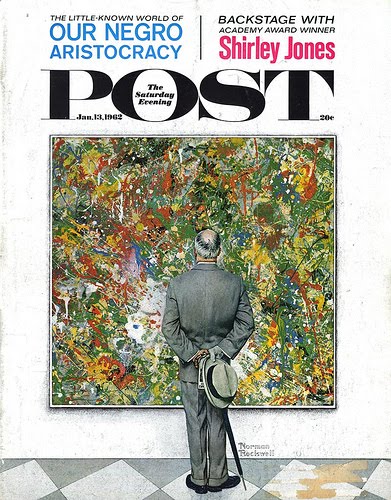This morning on Twitter Steve Cole expressed concern that scholarship would ruin comics.
If comix become scholarship, @comicsgrid, do you not diminish their value? You can study good stuff to death yaknow. Overthinking KEEP OUT!
The good folks at the scholarly website Comics Grid responded by insisting that rather than subtracting from comics, scholarship advocates for (and presumably therefore adds to) comics value.
.@earth2steve why would scholarship diminish comics’ value? On the contrary, comics scholarship is all about advocating comics’ value.
It’s a familiar dialectic…and one which I wish comics could divest itself of.
The base assumption for both Cole and the Comics Grid is that (a) comics have value, and (b) that value has to be protected, or at least highlighted. As critics, as readers, our goal is to preserve and celebrate the greatness of comics as an art.
The problem with this logic is that most comics are crap, and to the extent that anyone values them, those people should be mocked — or at least, you know, gently disagreed with. Comics itself, as a form and a history, is, for that matter, not particularly glorious. I have affection for comics, but if you wanted to make the argument that comics value was low enough that diminishing that value didn’t really matter and advocating for it was silly — well, I don’t know that I’d have a particularly effective defense.
You could say some of the same things about academic scholarship, of course. Much of it is badly written and badly thought through. But whether scholarship is good or bad has little to do with whether or not it adds value to the art it’s analyzing. Some of the scholarly writing I’ve most enjoyed is dedicated to ruining art — Laura Mulvey’s “Visual Pleasure and Narrative Cinema”, for example, which chops up Hollywood cinema in an avowed effort to destroy it. On the other hand, critical writing devoted to advocacy can be pretty boring and pointless (though of course, it doesn’t have to be).
For me, anyway, critical scholarship affects me much the way art does; it can be beautiful, inspiring, exciting, ugly, dispiriting, or dull, depending on form, content, and the way the two coalesce or diverge. Part of the affect/effect is the way that the criticism glances off art…but that’s true for comics as well. I probably wouldn’t despise the vast majority of Wonder Woman comics quite so much if Marston/Peter weren’t so much better. Similarly, Christopher Reed’s Homosexuality and Art rather knocks the stuffing out of avant-garde pretensions, which makes Jackson Pollack, for example, look a little silly and pitiful — but so it goes. I’m sure Pollock’ll manage somehow.
In short, the value of art isn’t some inviolable deity that we have to genuflect to. If thinking about or even ridiculing a comic diminishes its value, then diminish away, I say. Thought and ridicule both have value in themselves, surely. And if your comics are so delicate that you need to be constantly hovering over them or touting them in order to preserve their aura, then I’d suggest that it’s maybe time to invest in some new icons.

